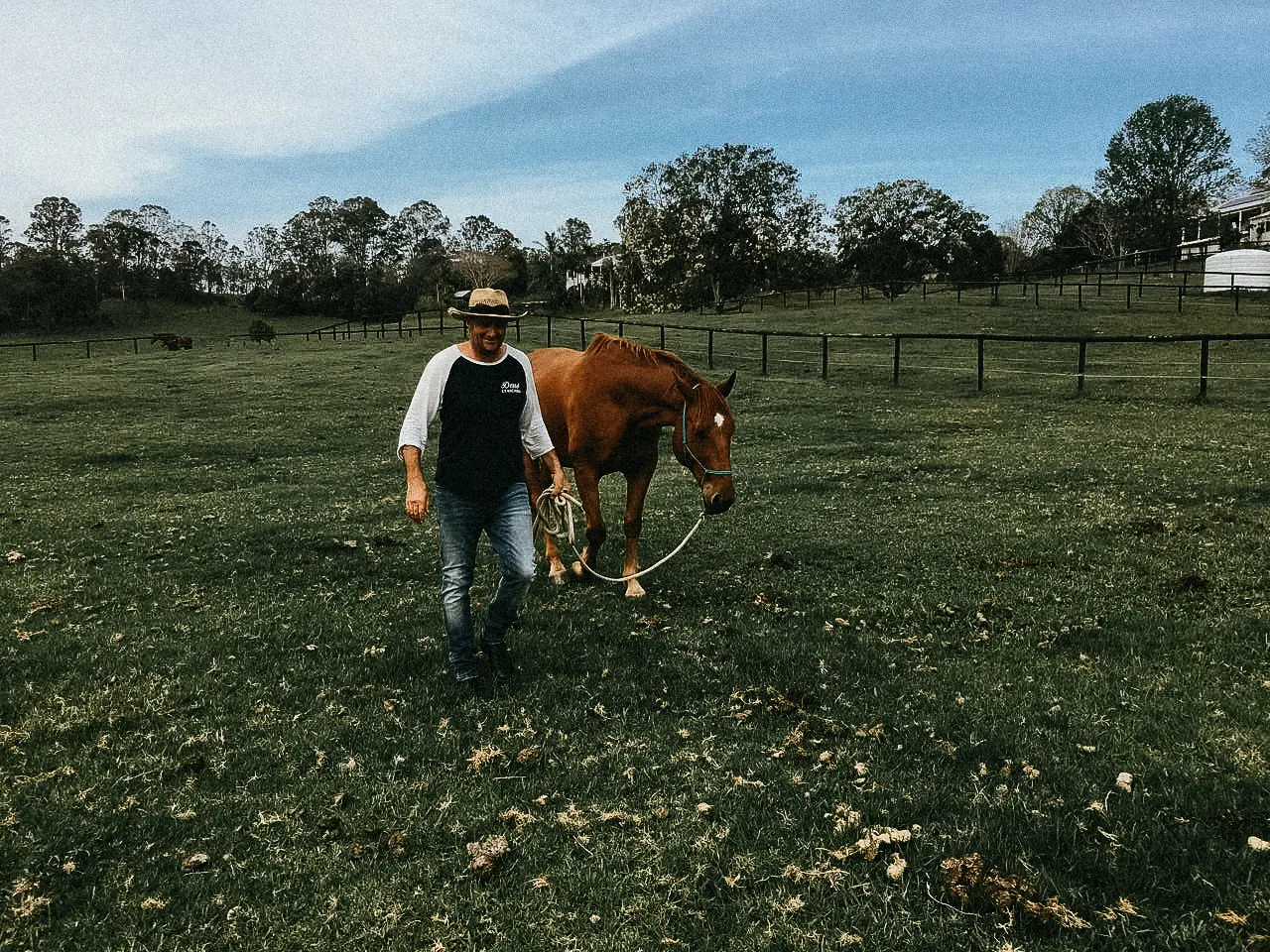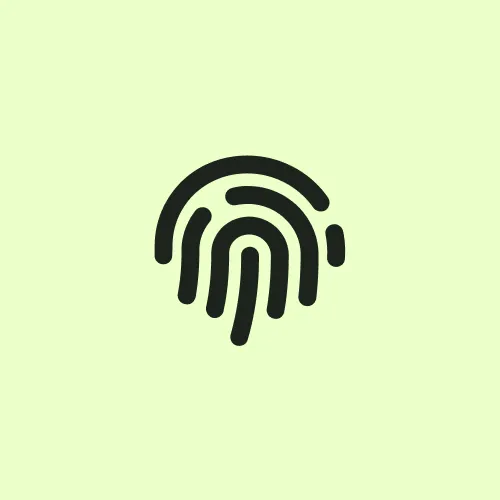
Disordered eating
Personalised programs that go beyond food to uncover the patterns, drivers, and emotional triggers behind disordered eating.
It’s not just about what you eat.
Disordered eating includes behaviours like restrictive dieting, emotional eating, compulsive exercise, or obsession with “clean” eating and body image. While it may not meet the criteria for a clinical diagnosis, the mental, emotional, and physical toll can be significant. Our one-on-one programs are designed to uncover the root causes and support lasting, sustainable change without shame or restriction.
Let’s work together toward a healthier you.
Is food taking up too much space in your mind?
Disordered eating isn’t always easy to recognise but its impact is real. From chronic dieting and food guilt to emotional eating, compulsive exercise, and fixation on body image, these behaviours often exist in the grey space between healthy habits and clinically diagnosed eating disorders.
Though they may seem “manageable,” disordered patterns can take a serious toll on physical, emotional, and mental wellbeing. Left unaddressed, they often escalate.
At Noosa Confidential, we take a whole-person approach to treatment, helping you uncover what’s driving the behaviours, understand the deeper emotional patterns, and build a healthier, more sustainable relationship with food – without shame or restriction.


Steps that make the difference
Understanding Your Story
We begin with a full assessment of your eating behaviours, emotional history, physical health, and nervous system state. Your program is built around your unique relationship with food, body, and self — no assumptions, no stereotypes.
Rebuilding Safety in the Body
We stabilise the system through functional nutrition, gut support, and somatic therapies that calm the body and reduce internal chaos. Nature therapy, targeting prescriptive movement and equine work help restore a sense of safety and reconnection without force or fear.
Restoring Biological Balance
Disordered eating disrupts hormones, digestion, mood, and brain function. Through naturopathy, targeted nutrition, and supplementation, we replenish what’s been depleted and support long-term balance. By regulating mood and restoring brain function, we build the resilience needed for lasting recovery.
Healing the Relationship with Food & Self
Using evidence-based therapies like CBT-E, ACT, IFS, and trauma-informed body image work, we help you discover why control around food has become your coping mechanism and guide you to develop healthier, more effective ways to manage emotions. We work on rebuilding trust, emotional regulation, and identity - supporting you to eat, feel, and live free from shame and the need for control.
Aftercare
Recovery continues after you leave. Every client receives 12 months of structured aftercare, including a dedicated mentor for ongoing support, accountability, and real-world guidance - wherever life takes you.
What your program includes
Explore the evidence

Eating disorders: signs, symptoms, and how to find support
Testimonials

My time at the rehab center was transformative. The individualized care I received made all the difference. I was able to confront my past and learn how to build a healthier future. The support from both the staff and my peers was invaluable. I am forever grateful for the experience.

Thanks to the rehab center, I have regained control of my life. The comprehensive treatment plan addressed not only my addiction but also the underlying issues that contributed to it. I am now equipped with coping mechanisms and a renewed sense of purpose. I highly recommend this center to anyone seeking help.

Entering the rehab center was one of the hardest decisions I've ever made, but it turned out to be the best one. The environment was welcoming, and the therapists were knowledgeable and compassionate. I gained insights into my addiction and developed a strong support network. I now feel empowered to face the world again.

My experience at the rehab center was life-changing. The staff were incredibly supportive and understanding, helping me through every step of my recovery journey. I learned valuable coping strategies and made lasting friendships with others in the program. I can't thank them enough for giving me a second chance at life.
FAQs
Understanding disordered eating
Disordered eating can take many forms and doesn’t always fit into a specific diagnosis. These FAQs cover common concerns, signs to look for, and how Noosa Confidential supports recovery through personalised, evidence-based programs.
How do I know if I or someone I love needs help?
Warning signs can include obsessive thoughts about food or body image, restrictive eating, bingeing or purging, rapid weight loss or gain, and withdrawal from social situations. If eating habits are affecting health or daily life, it’s worth seeking support.
Do you offer medical and nutritional support?
Yes. Our integrated team includes medical doctors, nurses, and qualified dietitians who work together to support both the physical and psychological aspects of eating disorder recovery.
Is the program suitable for people who don’t fit the ‘typical’ eating disorder profile?
Absolutely. Eating disorders affect people of all ages, genders, and body types. We tailor every program to the individual, not a diagnosis.
What’s the difference between disordered eating and an eating disorder?
Disordered eating includes irregular eating habits or emotional relationships with food that may not meet clinical criteria but still impact health and wellbeing.
What does treatment involve at Noosa Confidential?
Every guest receives a tailored residential program with one-on-one therapeutic support, nutrition planning, and long-term aftercare – addressing root causes, not just symptoms.
We’re here to help.
Let’s talk about how we can support you.






